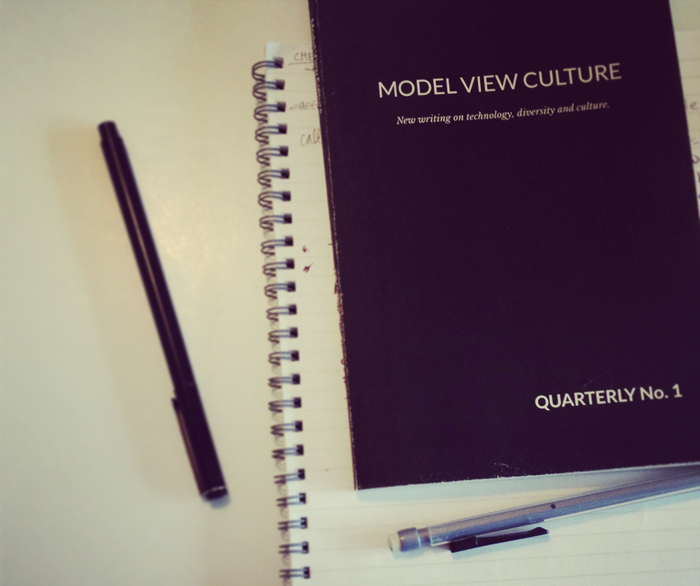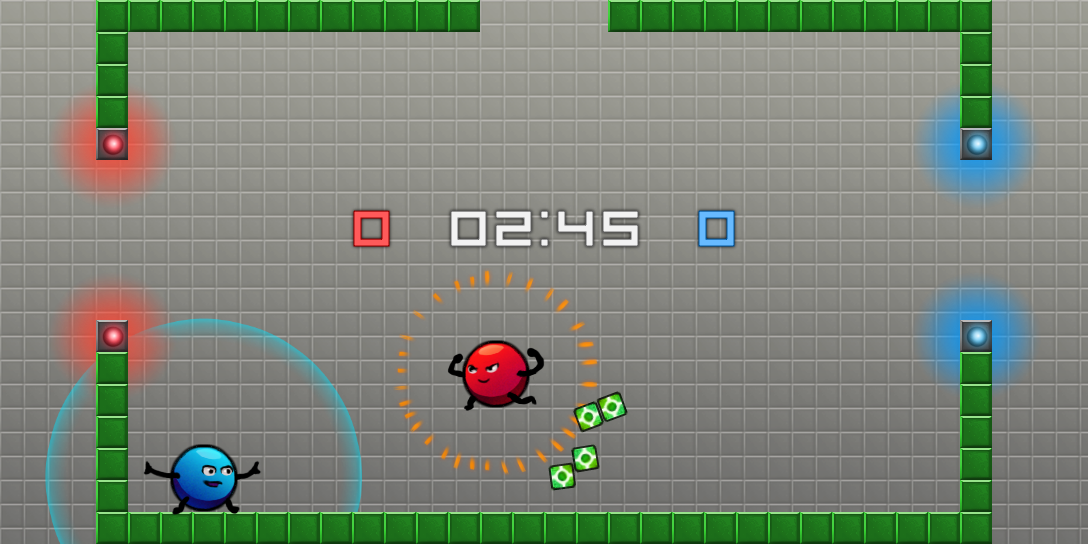Abstract
Lately I’ve been troubled by the fact that GamerGate’s supporters and I seem to have completely opposite perceptions about what most people think of their movement. I’ve had GamerGaters tell me that most people don’t equate GamerGate with online harassment and that most people (or at least, most gamers) are actually on GamerGate’s side. How is it that our perceptions of “what most people think” are so different? Could it be that we all live inside some social-media echo chamber that makes us oblivious to other points of view?
So I decided to start a little research project to settle the question: What did most people think about GamerGate?
The results of this project suggest that the vast majority of people do in fact equate GamerGate with online harassment, sexism, and/or misogyny. More people see GamerGate as a toxic mob rather than a legitimate movement worthy of respect.
The following paper goes into great detail about how I conducted this research and why I reached those conclusions. This paper also reads like a historical analysis of the previous year by uncovering patterns in the ways that different people reacted to GamerGate.
There’s a strong TRIGGER WARNING for anyone who was deeply affected by last year’s events and similar forms of harassment. Things get particularly heavy in the section titled Patterns in How People Reacted to GamerGate.
Table of Contents
- Abstract
- Methodology
- The Data
- Observations & Analysis
- Conclusion, and GamerGate’s Legacy





